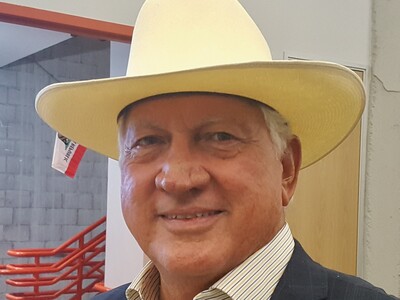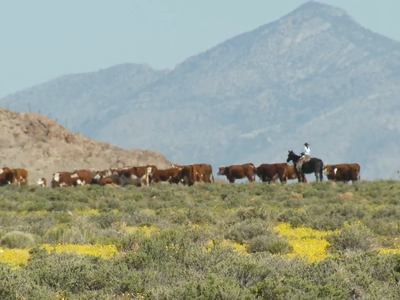E15 Cleared & Q Fever in IdahoN
E15 Cleared & Q Fever in Idaho plus Food Forethought. I’m Greg Martin with today’s Northwest Report.
We are a little closer to being able to fill our cars with gasoline blended with 15% ethanol. On Friday the EPA announced that they had cleared the last hurdle to actually begin marketing E15 to the public. Agriculture Secretary Tom Vilsack.
VILSACK: This gets us one step closer to giving the American consumer a real choice at the pump. The public has the right to know and to choose between imported oil and homegrown energy. IT also demonstrates that the Obama administration is making good on its commitment to work to reduce foreign oil imports and to increase domestic energy production which would include the production of renewable biofuels.
Two Idaho goats have tested positive for Q fever according to the Idaho State Department of Agriculture. Q fever is a contagious bacteria that affects, sheep, goats and cattle, and it can be spread to humans. Animals with Q fever don’t typically show signs of being sick until they abort during pregnancy. That's also the time when it's easiest to get and spread the bacteria. This is not the first case in the state, but this is the first outbreak on record in Idaho. The ISDA is trying to keep it from spreading to more animals, or humans.
Now with today’s Food Forethought, here’s Lacy Gray.
The United States Department of Agriculture has designated this week as National Pollinator Week. Bees are normally the first that come to mind when thinking about nature’s pollinators, but birds, butterflies, bats, beetles, and other beneficial insects provide this valuable service. Numerous National Pollinator Week events are being held around the country. One of the best things you can do is to educate yourself on the different pollinators and the things you can do to make their “job” easier. The U.S Fish and Wildlife Service pollinator webpage is a great source of information about pollinators. Don’t worry, you don’t have to be a landowner to help with the plight of pollinators. Practically anything can be grown in a container nowadays. And if you happen to be one of those people who forget to water your plants, or find it difficult to make time to water there are many attractive styles of self-watering planters on the market. Interestingly, a study from Leeds University found that bees prefer to keep things simple. In other words, bees like working class gardens as opposed to fancy plants. That’s because many of the fancier plants often contain less pollen and more petals that make foraging harder for the bees.
Thanks Lacy. That’s today’s Northwest Report. I’m Greg Martin on the Ag Information Network.














